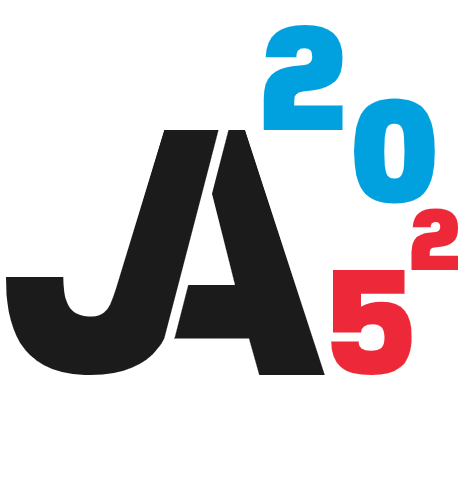A new cyber policy chair at the University of Luxembourg
10 May 2022

Cyber policy expertise.
The University of Luxembourg will establish a new chair in cyber policy reflecting the importance given to digitalisation and cybersecurity in Luxembourg.
The University of Luxembourg and the Directorate of Defence of the the Ministry of Foreign and European Affairs have partnered to set up a chair in cyber policy focused on research regarding the legal and political aspects at the intersection of digital and network technologies such as privacy, data protection, cybercrime, cyber defense, contract law, Intellectual property law, and human rights.
Hosted within the Department of Law at the Faculty of Law, Economics and Finance (FDEF), the Chair will focus on developing policy and industry-relevant research on the social science aspects of digital and network technologies and conducting outreach activities to help raise awareness of cyber policy issues among the Luxembourg public.
Luxembourg to train future cyber policy experts
With input from public and private stakeholders, the Chair will propose cyber policy recommendations regarding the physical and technical elements of cyberspace activity and their related strategic and security risks. These will explore the interaction of cyber policy with the laws, norms and principles of information exchanges in the physical world and the virtual world. The Chair will ultimately suggest ways that national, European, and international legislators, ministries, regulators, and judges, as well as the general public, can maintain an appropriately defended position in cyberspace, while still enjoying the full benefits that cyberspace information exchanges offer.
Three of the strategic goals of our Cyber Defence Strategy relate to the Cyber Policy Chair. Firstly to ensure a qualified and motivated workforce, giving future and current professionals a holistic grounding in the societal consequences of cyber policy for businesses and our current and future daily lives. Secondly, through ensuring strong national and international cooperation, the Chair will bring the public and private sectors together for collaboration, cross-pollination of ideas and exchange of best practice and information. Thirdly, to ensure that Luxembourg is prepared to make the most of opportunities and to mitigate risks, we need to establish knowledge and research capabilities in cyber policy.
François Bausch, Deputy Prime Minister and Minister of Defence
Optimise cyberspace rules to protect democracy
The aim of the Chair is also to help fill the need for qualified and motivated individuals trained in the field of cyber policy of Luxembourg’s expanding labour market. The intention is to establish a cyber policy module and, ultimately, a new multidisciplinary Cyber Policy Track within the University’s Master in Space, Communication and Media Law.
In these times when cyber technology and exchange plays an increasingly important role in economic, cultural and societal life, while becoming more and more complex and impenetrable for many citizens and companies, a cyber policy based on a synergistic approach is indispensable to ensure prosperity and peace. The newly created chair will contribute significantly to this objective.
Claude Meisch, Minister for Higher Education and Research
I thank the Ministry of Foreign and European Affairs for agreeing to co-fund this Chair. A good and efficient governance in cyberspace is of key importance for the protection of democracy worldwide. This Chair’s ambition is to help optimise the cyberspace rules. It illustrates the University’s strategy to help address key challenges of our time while being of service to society.”
Prof. Stéphane Pallage, Rector of the University of Luxembourg
The Department of Law at the FDEF has a strong foundation in law and technology issues such as data protection and telecommunication law. We are proud to begin this partnership with the Directorate of Defence of the Ministry of Foreign and European Affairs to help develop effective policy and regulatory tools to protect not only private citizens and businesses, but also national and international public actors from increasingly serious risks in cyberspace.
Katalin Ligeti, Dean of the FDEF










